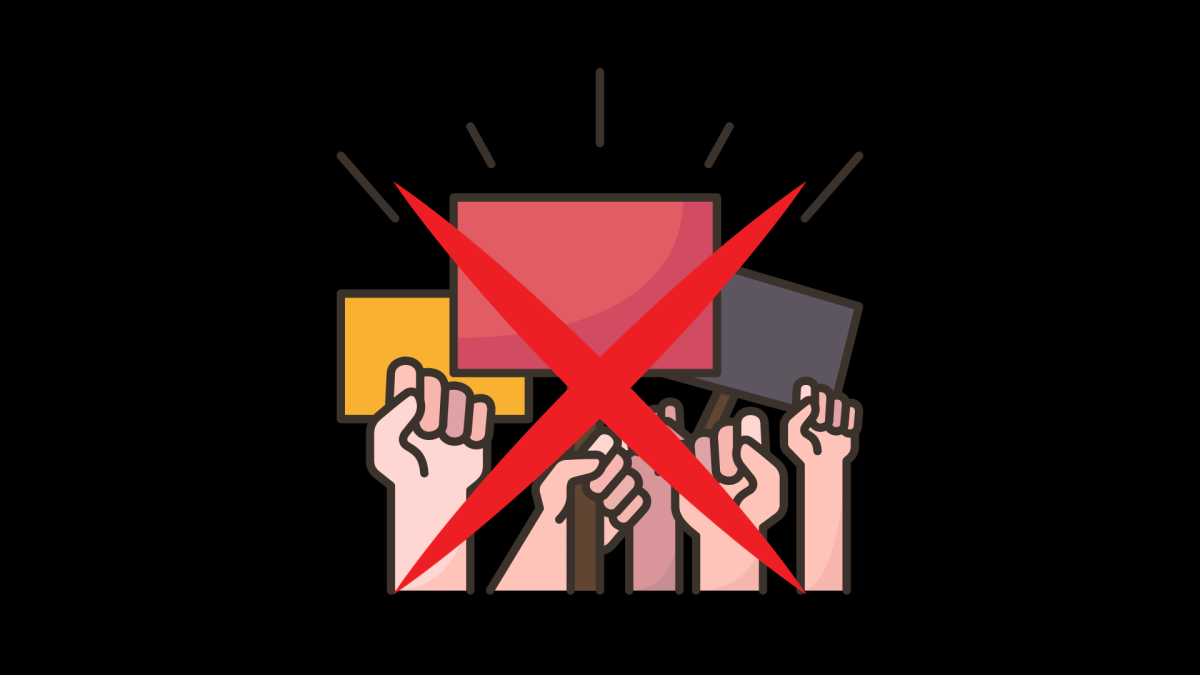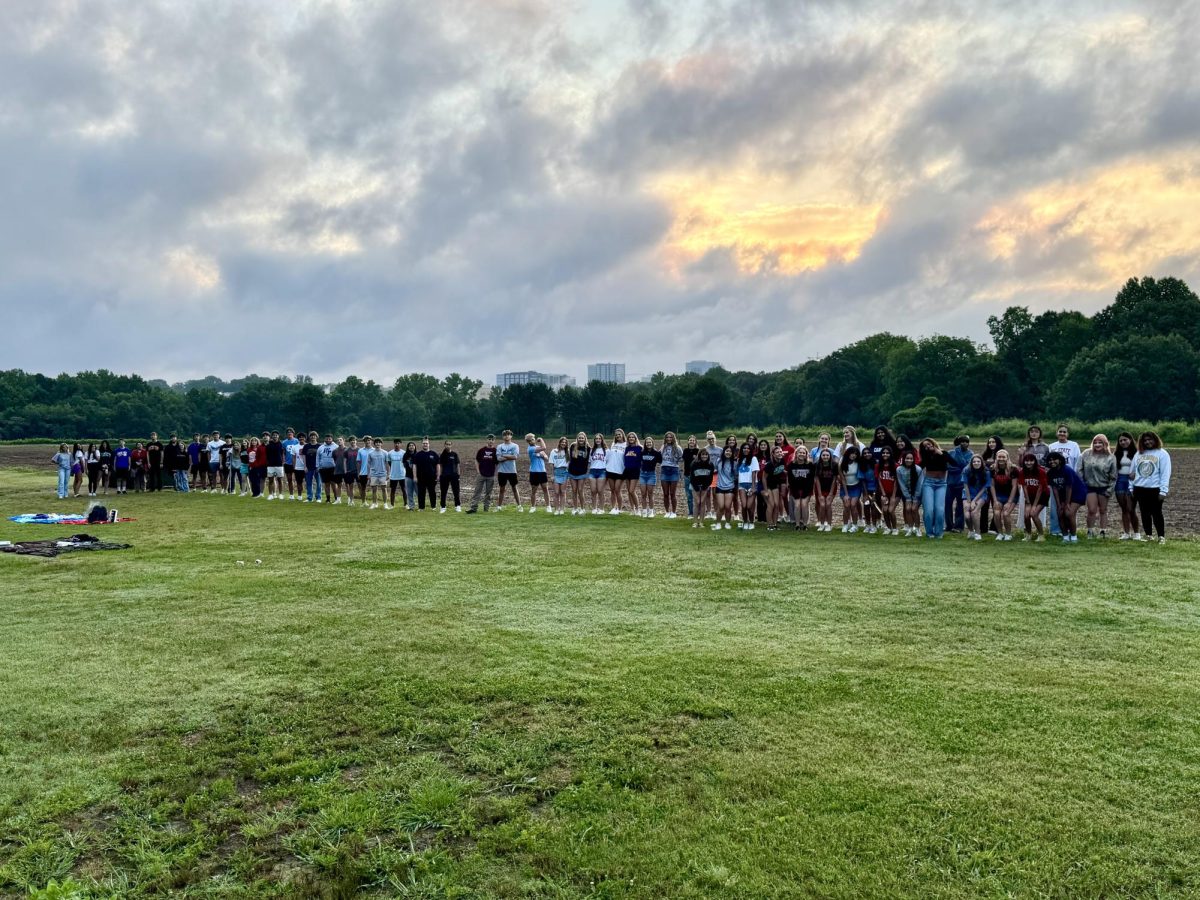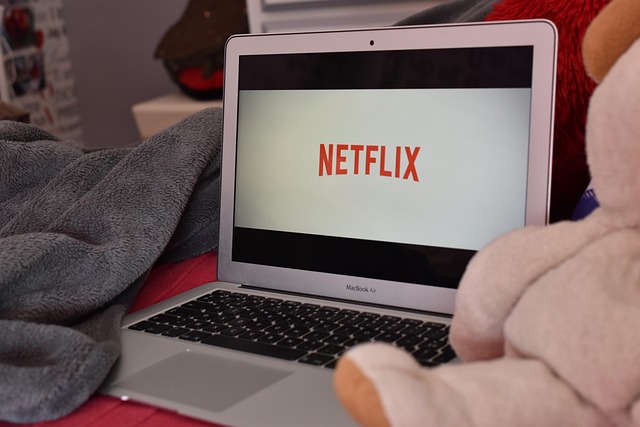In this new generation, we as a society have learned to be more compassionate towards one another. Trying to extend our understanding and consideration of each other’s beliefs in an effort to progress, we became less judgemental and tried embracing our differences. We stand up for one another and become advocates for each other’s natural beliefs because we share the same morality. But we have not accounted for the toll this awareness and advocating for every social stance deemed appropriate by society will have on us, on our individuality and resilience.
Our progression as a society has consisted of distinguishing what is morally right and wrong and advocating for what is right. Then simply isolating those who believe in what is deemed wrong from society, despite their natural beliefs, they are shunned and canceled. This ostracizing consequence of actions taken by someone that is labeled as immoral, drives people in our society today to persistently advocate for what is morally right. This fear of isolation from society leads to people blindly advocating and protesting for social justice, without much knowledge or passion on the issue. This drive is mostly in an effort to be a more active person in society or to be a better person all around. Valid reasons to exercise our rights of course, but perhaps not the right reasons to tackle social issues.
See, when social injustices occur, quite literally all over the world, there is no doubt that decent human beings disagree with them and want to spark change. But to simply disagree with social injustice is far different from being passionate enough to take a stance and advocate for it. This distinction is exactly what we as a society have not considered, that populating this “morally right social activist” perspective extinguishes every individualistic aspect of ourselves. It turns us- or rather the topic at hand, social activism, into a trend. We simply turn into moths, blindly following the light that is promised to turn us into more valuable members of society.
That being said, this relentless activism and dedication to never let an injustice spread in our society can be overwhelming for many reasons. Yes, the societal progression we are trying to achieve is to extinguish all acts of injustice, but at what cost? The injustices of this world are cruel and unbelievable, but certainly not for the faint of heart. With consistent advocacy, the consumption of the horrible actions taken on the victims of the injustices can affect the advocators. The action of advocating is rooted in the feeling of sympathy, from feeling sorrow for one’s misfortune. Constantly consuming the horrors of their overlooked injustice and not returning to your regular, relatively happy life can lead to symptoms of depression. Although speaking up for the underrepresented can be fulfilling, it can have its negative effects.
When the true advocates of social justice face this obstacle, how they should continue to be a voice for the unheard while continuing with their lives that now face other people’s misfortune, is something they are willing to figure out. The passion that drove them to initially speak out is the reason that they are so persistent and diligent when it comes to the issues they speak for. When it comes to those who speak up for injustice as a trend, they don’t have enough passion for the issue to allow it to become an obstacle in their life. They follow the trend for a while, advocate, and maybe even protest a bit, and when they face the obstacles of advocating, they simply stop speaking up.
But what drove these people to speak up in the first place was their desire to be a better person, both in society and for themselves. So when they do exactly what they sought to run away from, they quickly go from the “good person” in society to the villain who doesn’t care for the underrepresented. Although they were in it for the right reasons, they are shunned, labeled a horrible person, and ostracized from society. If you are not extremely dedicated to fighting injustice, you face the risk of being isolated from society, and no longer a valued member of society.
But this dedication to constantly advocating for social change was created by our culture, and our society. We no longer see another option besides fighting for what we believe. What we fail to recognize is that this extremist viewpoint on things is slowly wearing people down and ready to attack those who eventually fall.







